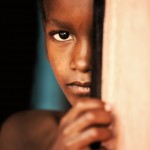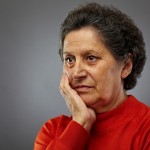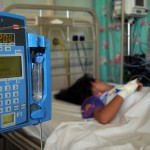
Recent studies have shown that pre-school children can be affected by post traumatic stress disorder (PTSD) and that the condition can last for years even after treatment. Good quality randomised trials have shown that trauma-focused cognitive behavioural therapy can be a very effective treatment for older children and adolescents with PTSD, but there have been [read the full story…]


